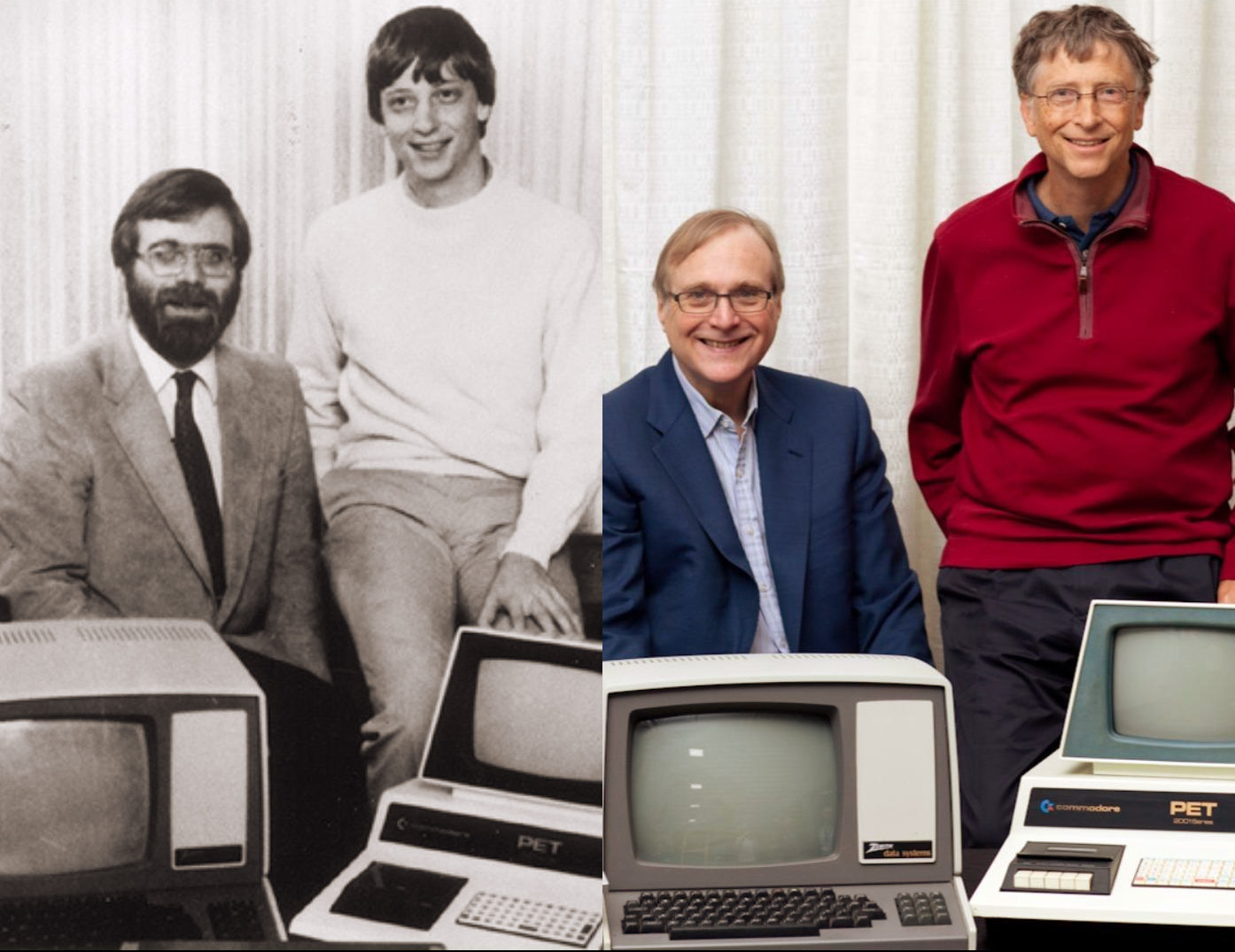A Subtlety that Makes all the Difference in the World
The term wildcat has been American slang for risky business ventures since at least 1838. With the rise of the Texas oil boom in the early 20th century, the term Wildcatter seemed to take on an entire new meaning as the individuals discovering these transformative oil fields all seemed to embody similar characteristics: Capturing these kinds of fortunes not only required a large amount of bold risks, but also creativity, charisma, and sheer determination. Many times, these early Wildcatters played as hard they worked.
Today, the term Wildcatter is synonymous with successful entrepreneurs who take risks and don’t “play the game” scared. The passion and vision required to be successful in the business world usually translates to the Wildcatter’s personal life as well. Wildcatters tend to enjoy the finer things in life, including travel and adventure.
Generally, to be a Wildcatter, you need to be a successful businessman. But just because you are a successful businessman does not necessarily mean you are a Wildcatter. The perfect case study to understand this key difference can be found by examining the careers and life paths of Microsoft co-founders, Bill Gates and Paul Allen.
It’s no secret that Bill Gates is the richest person in the world and that his fortune came from revolutionizing the computer industry. His rise to success came in the form of astute business practices such as monetizing his pioneering technology, being highly involved in the company’s vision, and holding his management team to near-impossible standards. While Bill Gates is a brilliant businessman, his approaches to his professional and personal life are not in the vein of a true Wildcatter.
In contrast, his co-founder, Paul Allen, is a true Hall of Fame Wildcatter. After leaving Microsoft in the 80s due to health problems, he took his small fortune and turned it into a massive one by pursuing every one of his passions, both professionally and personally.
Allen owns two major professional sports teams, the Portland Trail Blazers and the Seattle Seahawks. His multi-billion dollar investment firm invests in companies at varying stages of growth. His real estate company has developed 6.3 million square feet of residential, office, and retail properties.
In addition to these monumental business achievements, he’s also the owner and executive producer of an award-winning filmmaking company, an innovator in commercial space travel, and an avid art collector. He hunts for treasure on his 414-foot yacht and plays electric guitar in a band that had a major record label release. He even personally holds 43 patents from the United States Patent and Trademark Office. This guy really does it all and truly embodies the modern Wildcatter.
Bill Gates and Paul Allen made their early fortune in identical manners and both went on to become two of the richest men on the planet, but how they approached business and their personal lives is what makes the difference between a businessman and a Wildcatter. While Gates was strategizing about an upcoming board meeting, Allen was playing guitar in front of a celebrity-packed party on his yacht at the Cannes Film Festival.
Wildcatters have come a long way since the oil tycoons of the early 1900s. While there are certainly consistent attributes among Wildcatters, these days they come in many different forms. These characteristics may not always be easily quantifiable; however, just like good art, you know a Wildcatter when you see one.


